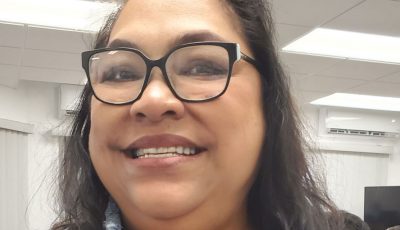MCS board OKs extra-curricular credit policy
In a joint statement yesterday, MCS board chair Joseph L.G. Taijeron and newly appointed president Galvin Deleon Guerrero said the school leadership will now develop criteria and processes for articulating credit acceptance that ensures such extra-curricular activities meet curriculum standards and instructional hours.
“It only makes sense when you consider how much time and energy students invest in activities like Mock Trial, We the People, Theatre Club, forensic competition, and the numerous athletic programs in and out of the school,” said Taijeron, adding that in many cases students don’t just participate in extra-curricular activities; they excel in local, regional, and national competitions.
“We should give them credit where credit is due-including on their transcripts,” added Taijeron.
Deleon Guerrero welcomed the board’s decision and assured that the school will adapt curricular standards to the new policy.
“We fully intend to apply the same rigor for learning to extra-curricular activities as we do to our academic courses. We must do all that we can to support and validate student achievement and there is no doubt that a well-developed extra-curricular program contributes to student success,” Deleon Guerrero said.
Educational research has demonstrated the positive impact extra-curricular activities have on student achievement. In a longitudinal study of public high school seniors, the National Center for Education Statistics reported that extracurricular participation was positively associated with consistent attendance, academic achievement, and aspirations for continuing education beyond high school.
According to the center’s observation, during the first semester of a students’ senior year, participants reported better attendance than their non-participating classmates-half of them had no unexcused absences from school and half had never skipped a class, compared to one-third and two-fifths of non-participants, respectively. It added that students who participated were three times as likely to perform in the top quartile on a composite math and reading assessment compared to non-participants.
Participants were also more likely than non-participants to aspire for higher education: two-thirds of participants expected to complete at least a bachelor’s degree while about half of non-participants expected to do so.
By Moneth Deposa
Reporter



























